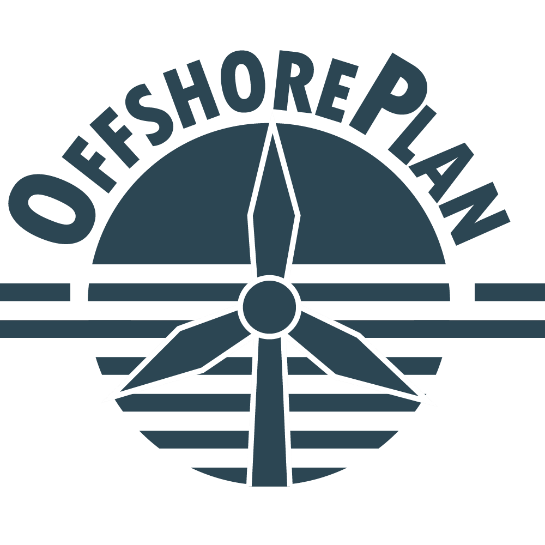©The image generated by Magic Media.
Offshore Wind Farms
Efficient logistics in wind and weather
A huge wind farm on the high seas, turbines as far as the eye can see. Each rotor blade stroke supplies energy for thousands of households. But how exactly do you get these giants to their destination safely and efficiently, especially given the vagaries of the weather? Scientists from the L3S research center and the Bremen Institute of Production and Logistics (BIBA) are addressing this question in the DFG-funded research project OffshorePlan.
“It’s about introducing a way of intervening in the unplannable,” explains Dr. Michael Lütjen (BIBA), one of the brains behind the project. By merging mathematical optimization and simulation-based planning, the researchers have developed a method that not only revolutionizes the installation of wind farms, but also shows how flexibly it is possible to react to weather changes and unforeseen events. “Imagine a storm is coming. Our models can reschedule at lightning speed to minimize delays and costs,” says Prof. Helena Szczerbicka, a researcher at L3S.
Until now, the practice has often been different: Plans are thrown overboard as soon as the weather changes. Instead of relying mainly on experience and intuition, OffshorePlan offers a precise, data-supported alternative and shows ways in which offshore wind energy can be expanded more efficiently and safely. The goal of massively increasing the share of renewable energies is thus one step closer.
The impact of the project extends far beyond wind energy, as the method is also interesting for sectors that are struggling with similar logistical challenges. With less downtime, lower costs and ultimately a faster realization of projects, OffshorePlan not only wants to bring a breath of fresh air into the logistics of wind farms. In a world that is increasingly reliant on sustainable energy sources, the project aims to pave the way for innovative solutions.
Contact

Shengrui Peng, M. Sc.
Shengrui Peng is a research associate at L3S. His research interests include stochastic simulation design and analysis, optimization, simulation and modeling, machine learning, knowledge representation and adaptive methods.

Prof. Dr.-Ing. Helena Szczerbicka
Helena Szczerbicka was head of the Simulation and Modeling Department at the Faculty of Electrical Engineering and Computer Science at Leibniz Universität Hannover until her retirement. She is currently continuing her research in the field of simulation and optimization at L3S.


